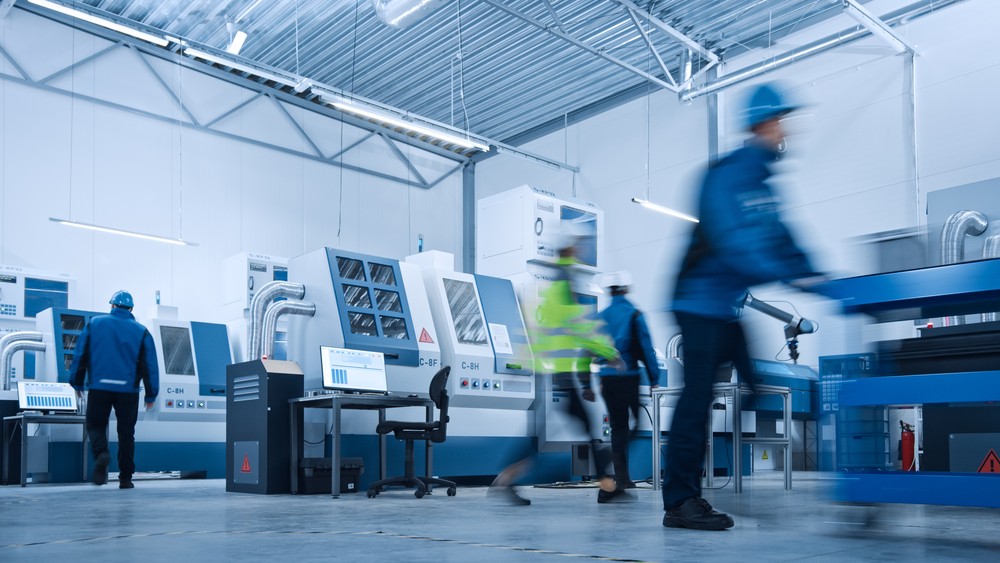Benefits of Adhering to Good Manufacturing Practices

Consumers demand high-quality products that are safe, effective, and commensurate with their expectations. To produce these products, manufacturers must follow good manufacturing practices (GMPs).
GMPs are a set of guidelines and regulations to ensure products are manufactured under strict quality-control and safety standards. Adherence to GMPs is critical to any manufacturing process, as it confirms products are produced consistently with minimal errors and defects. For many industries, GMPs are the difference between success and failure as an organization.
What are GMPs?
Good manufacturing practices (GMPs) are guidelines and procedures to guarantee products are made consistently, according to broadly established quality standards. These regulations cover all aspects of production, from the raw materials used to the final product packaging. Implemented by various manufacturing sectors, GMPs are particularly important in industries producing goods for human consumption, such as pharmaceuticals and food production.
Manufacturers employ GMPs primarily to protect consumer health and safety and to ensure products are manufactured in a safe, clean, and controlled environment. Overall, these best practices play a crucial role in maintaining the integrity and quality of critical products, promoting consumer trust and satisfaction, and preventing potential harm to people who use and interact with these products.

What makes a GMP?
GMPs cover several essential components — all of which have an impact on the products a manufacturer delivers to customers. An inclusive GMP should address:
- Personnel. Personnel training and qualification are essential for establishing a safety culture and a proper understanding of process control. Knowledgeable individuals must be at the helm of production to identify and prevent defects at their source.
- Facilities and equipment. Facilities and equipment should be validated and maintained appropriately to guarantee they are clean and operate correctly. Well-maintained equipment has a direct impact on the quality of the finished goods.
- Material selection. Manufacturers should be mindful of not just the raw materials they use to make their products but also those used in packaging. Material selection, procurement, and inspection are vital for everything from raw materials to consumables, packaging design, and more.
- Documentation and record-keeping. Complete, accurate documentation and record-keeping allow for traceability and the ability to evaluate product history. In many industries, this information is essential during a recall or investigation.
- Quality control. Quality control should be part of each stage of the manufacturing process, including critical control points and testing. Manufacturers should aim to pass no defects and to continuously improve the goods they produce.
The benefits of adhering to GMPs
No matter the industry, manufacturers need to create high-quality products. Following GMPs can help them achieve success. By identifying and implementing GMPs, manufacturers can improve the quality of their products, enhance safety and efficacy, and increase customer confidence.
Adhering to GMPs can also help to reduce the likelihood of costly recalls, errors, and contamination. As a result, manufacturers can meet regulatory requirements, decrease liability risks, and ultimately gain a competitive edge in the marketplace by providing customers with the best possible products — and all the confidence that comes with them.